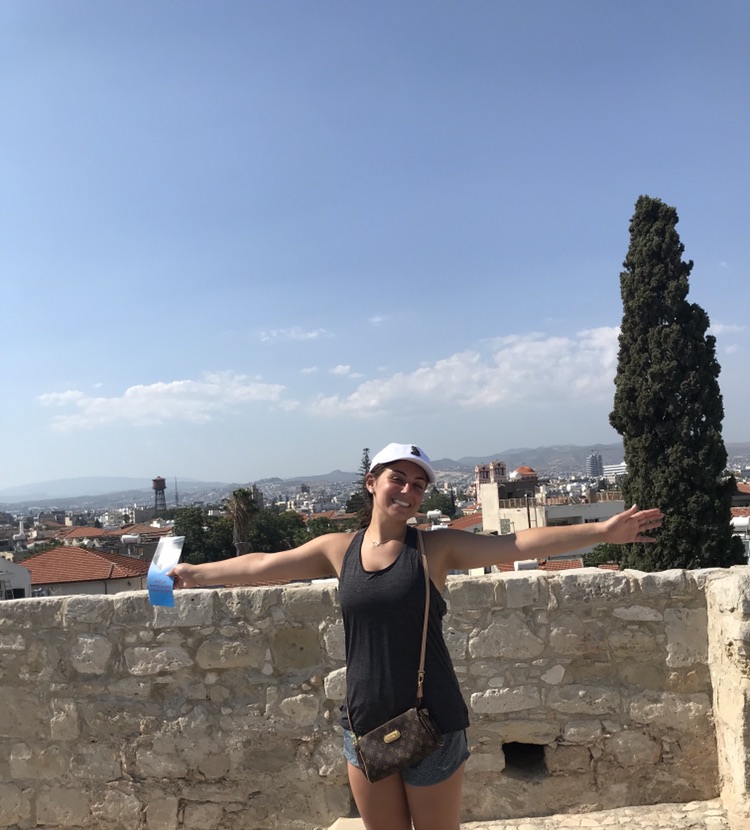
Building, maintaining, and expanding relationships is a major piece of the puzzle behind the success of the QUEST Honors Program. From corporate partnerships to campus organizations, outreach lies at the heart of so much growth and opportunity–and now, a new QUEST organization is lending a hand in the effort! QUESTServes is a student initiative bringing together students from every cohort to enrich the College Park and greater communities through service, leadership, and outreach. The new student organization was started by Cohort 33 students Ryan Gerbes, Tori Miske, Mausam Patel, and Maggie Quinn and kicked off its journey last month by partnering with UMD’s chapter of the Food Recovery Network (FRN).
QUESTServes and FRN collaborated on February 29th following the Maryland-Michigan State men’s basketball game during a Collection Event at Maryland’s Xfinity Center. They recovered leftover food from concession stands at one of the season’s biggest games. Volunteers were able to collect nearly 30 full units of recovered food, enough to provide well over 75 meals to those in need. After the food left our hands, it was donated to the Christian Life Center, which then redistributed meals to those in need via local food pantries and outreach groups. Moving forward, QUESTServes looks to create a long-term relationship with the Food Recovery Network by hosting a Recovery Event at the conclusion of the QUEST Conference each semester!
Following the recent amendments to the University’s schedule and new policies regarding public gatherings, the remainder of QUESTServes events have been postponed until the fall. But stay excited– the organization hopes to sponsor more FRN Recovery Events and register groups for both College Park Good Neighbor Day and Relay for Life next spring! In the meantime, plenty of events are planned for the fall for everyone interested in giving back–a Terp Thon team will be regularly fundraising throughout the year, leading up to the 12-hour dance marathon next March, with more information coming out regarding events hosted in September, October, and November soon!
Interested in staying up-to-date on upcoming events and news? Join the QUESTServes Official GroupMe messaging board via this link.
Have a collaboration or project you want to see happen in our community? Email suggestions to the official QUESTServes email: questservesoffical@gmail.com.
Ryan Gerbes (Cohort 33) is a sophomore studying Mechanical Engineering.
























